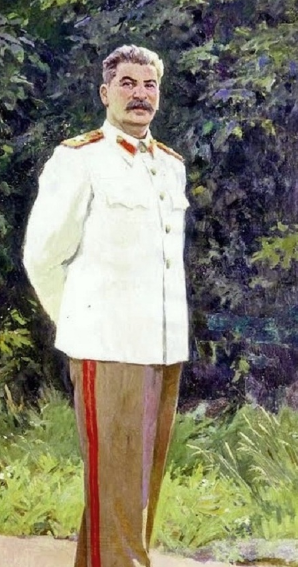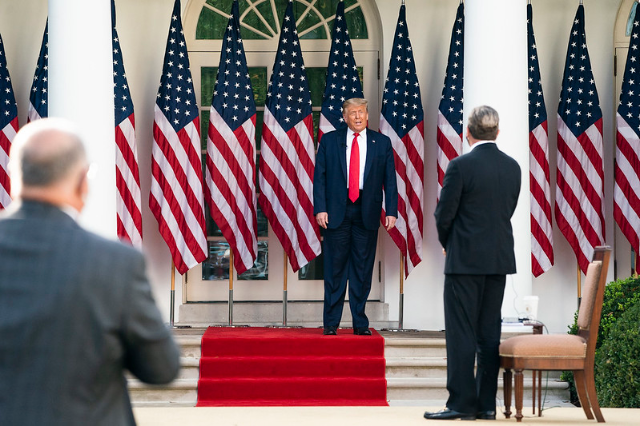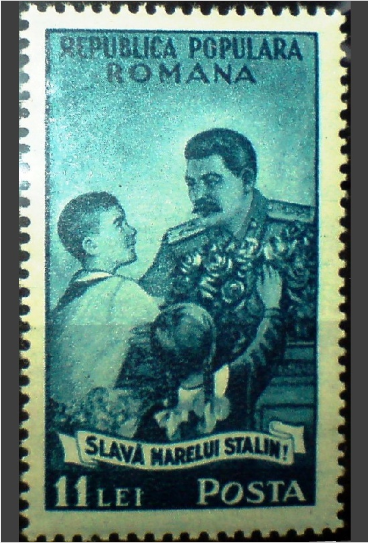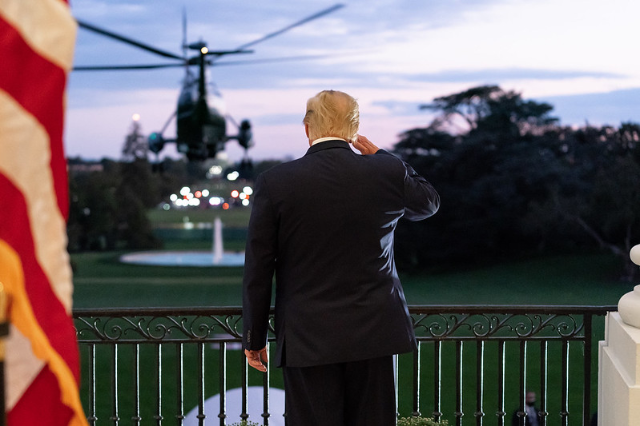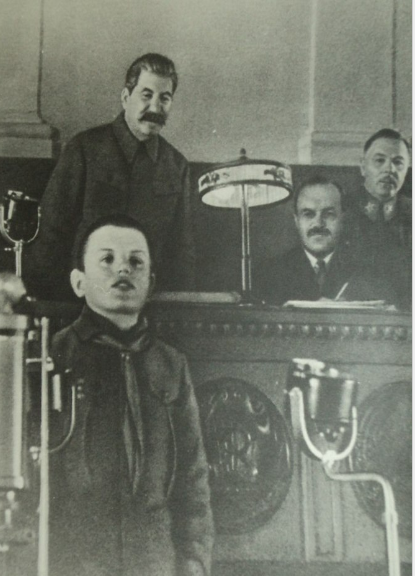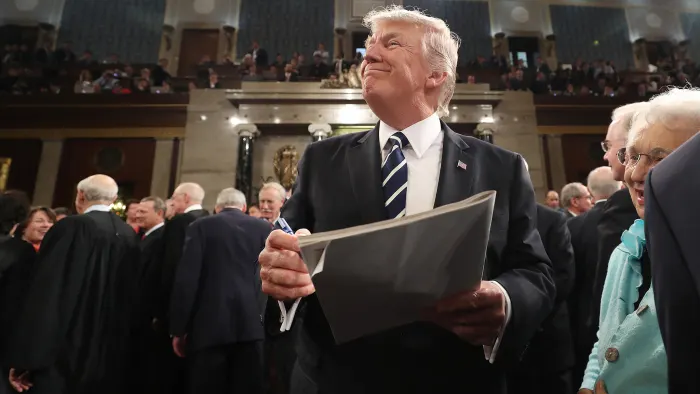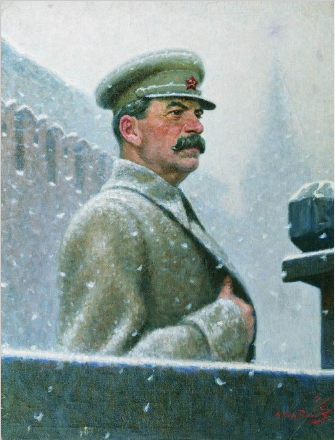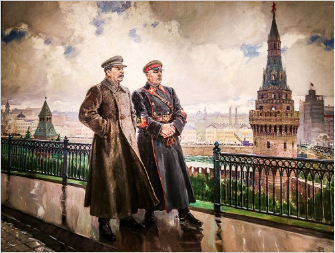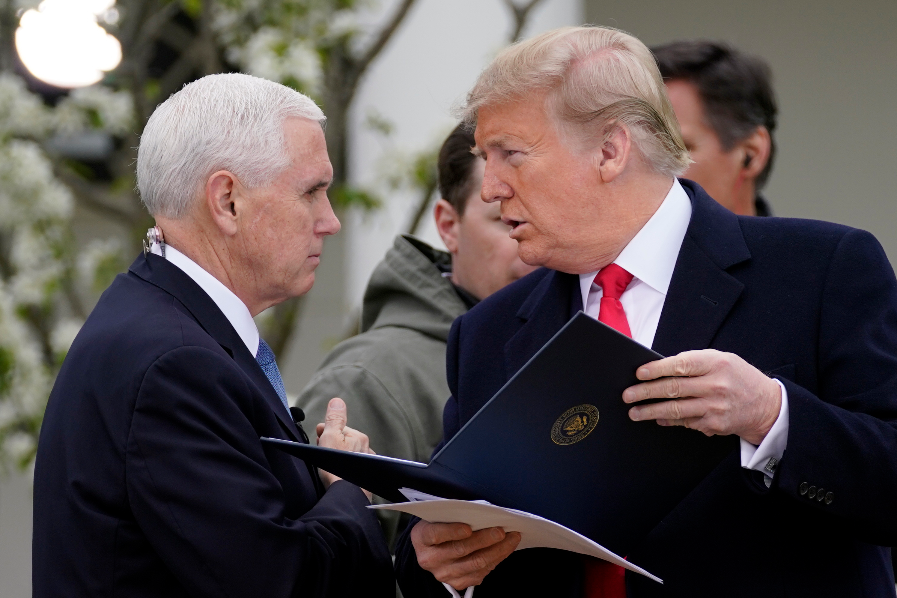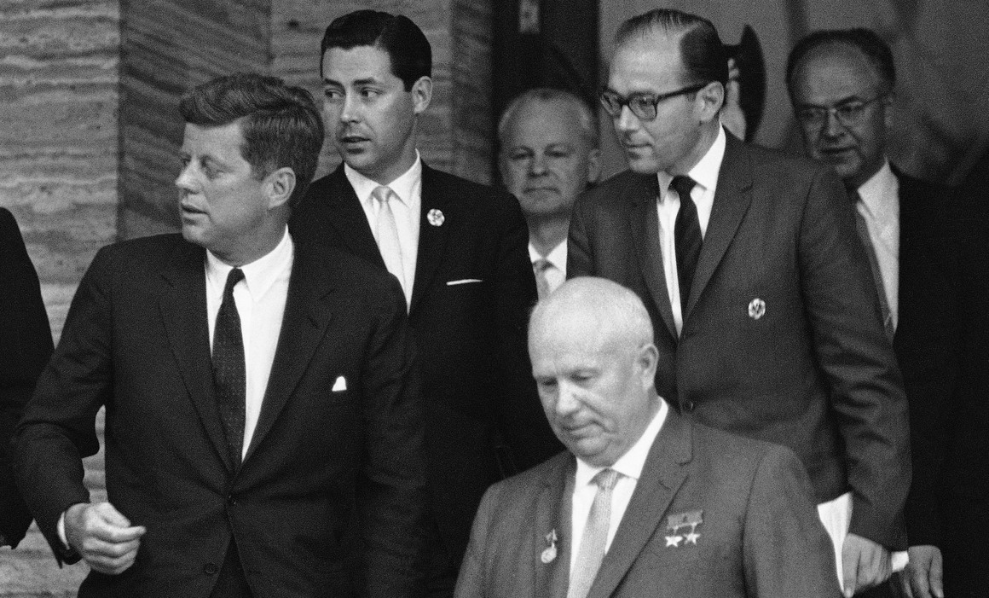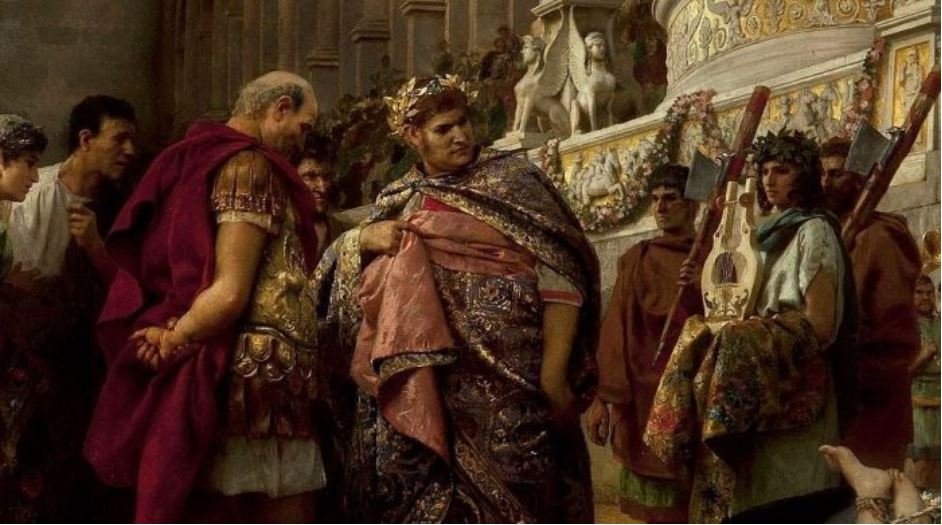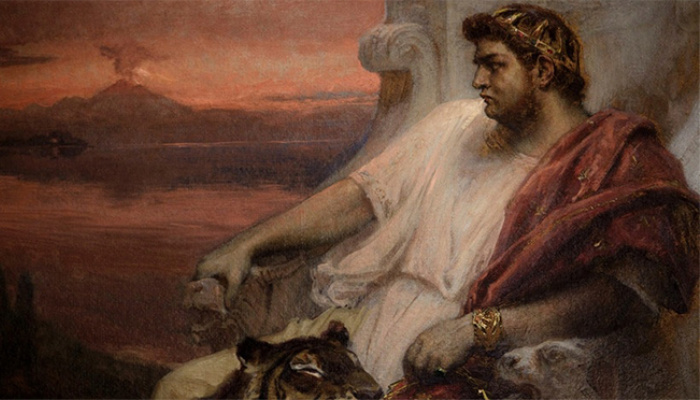"We have reached the end of this old story.
The final chapter is always the same." https://look.substack.com/p/some-thoughts-on-khrushchev-and-romney
The final chapter is always the same." https://look.substack.com/p/some-thoughts-on-khrushchev-and-romney
1. You had been told one thing, over and over, for many years; and your practiced recitation of that thing — part myth, part ideology — had propelled your career forward.
‘He was strong and tireless; a genius.’
‘He was strong and tireless; a genius.’
2. ‘Like a wise father, his fair leadership propelled the homeland forward.’
‘In all avenues of pursuit — military power, financial strength, commerce — the homeland became the best in the world under his thoughtful leadership.’
‘In all avenues of pursuit — military power, financial strength, commerce — the homeland became the best in the world under his thoughtful leadership.’
3.‘Once again, we were feared and respected as a nation.’
‘He has earned his place among the country’s greatest historical figures.’
‘We have placed his name and likeness in the public square so that future generations will revere him.’
‘He has earned his place among the country’s greatest historical figures.’
‘We have placed his name and likeness in the public square so that future generations will revere him.’
5. ‘The common people believe this and no benefit comes from opposing the will of the people. In time, the people will turn to you. For now, let them believe that we all agree.’
6.‘Whispering doubts is self-marginalizing conduct that ends careers.’
‘Self-censorship is not painful, given sufficient practice.’
‘Acquiescence has opened doors and kept your family secure.’
‘Self-censorship is not painful, given sufficient practice.’
‘Acquiescence has opened doors and kept your family secure.’
8. The Soviet communist party held a convention in 1956. Stalin had been dead for three years and Nikita Khrushchev was his successor.
A call went out to the delegates. An unscheduled address would take place on the last morning of the convention.
A call went out to the delegates. An unscheduled address would take place on the last morning of the convention.
9. The delegates arrived at the appointed hour and took their seats as Khrushchev claimed the dais. All assumed it would be more of the same. There would be veneration of Stalin requiring polite applause; but they were wrong.
10.The time for veneration was over.Khrushchev said the way forward for the party and for the Soviet Union would be different now, but it held great promise. But the way forward required an honest appraisal of what had come before-of what had come from the years of Stalin’s rule.
11. It was an audacious declaration: truth-telling.Khrushchev said harmful consequences follow the elevation of a single individual to a position so high that he takes on the “supernatural characteristics akin to those of a god.” Such a mistake, he said, had been made with Stalin
12. 'Stalin had distorted the basic principles of their party. Lenin, himself, had warned against Stalin’s leadership.
Stalin had failed to adequately defend the country against outside threats and had mismanaged the war against Nazi Germany,' Khrushchev said.
[NYTimes photo]
Stalin had failed to adequately defend the country against outside threats and had mismanaged the war against Nazi Germany,' Khrushchev said.
[NYTimes photo]
13. 'Stalin had used his power to excess, making false political accusations, purging the army of its leadership, deporting ethnic groups, and sending millions into the gulags.'
[Guardian pic]
[Guardian pic]
14. 'Stalin had created a cult of personality to glorify his own rule, Khrushchev said. Stalin had employed propaganda techniques — the big lie, public spectacle, patriotism and organized political demonstrations — to create an idealized, heroic and worshipful image of himself.'
15. 'The very organs of government had been harnessed to the task of burnishing Stalin’s cult status in the minds of the people through unquestioning flattery and praise, Khrushchev said, and all of this was wrong.'
16.But it was not the fault of the party; nor was the party an accessory to Stalin’s crimes. Khrushchev said the party had been Stalin’s victim; but it was strong enough to overcome the injury.‘Recommit yourselves to the foundational principles of our party,’ Khrushchev urged.
17. Khrushchev’s speech shocked his audience. While some laughed and some applauded Khrushchev’s truth-telling, others who heard it suffered heart attacks or later committed suicide.
18. The illusion of universal party support for Stalin, which had fueled the cult worship among the common people, was gone.
The fraud was exposed.
The fraud was exposed.
19.Khrushchev’s speech put the Soviet Communist Party on a new path. Government repression and censorship were relaxed and millions of prisoners were freed from the gulags. Peaceful co-existence with other nations became an acceptable point of political debate.
Truth took hold.
Truth took hold.
20. In school we were taught that Nero, the cruel tyrant, was despised by the Roman people; but we now know that it was the patricians of Rome who loathed him. To Roman commoners, especially those who lived in the eastern provinces, Nero was beloved.

 Read on Twitter
Read on Twitter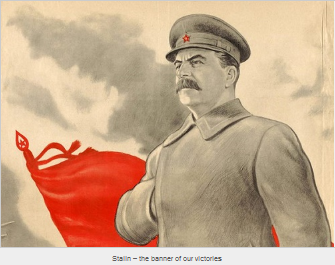
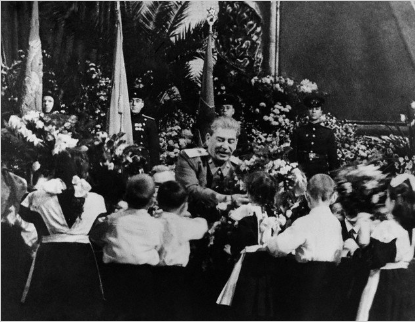
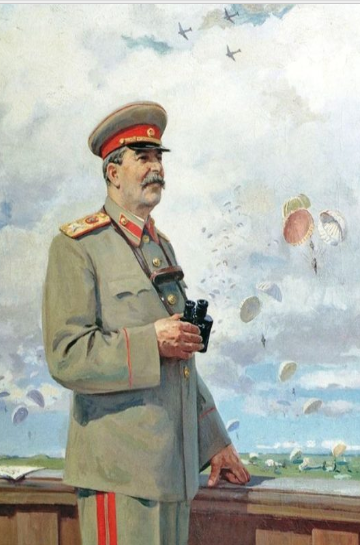
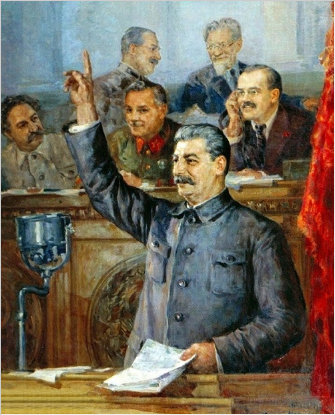

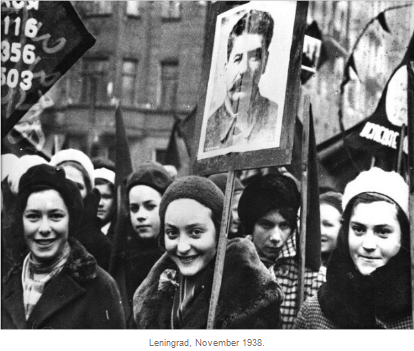
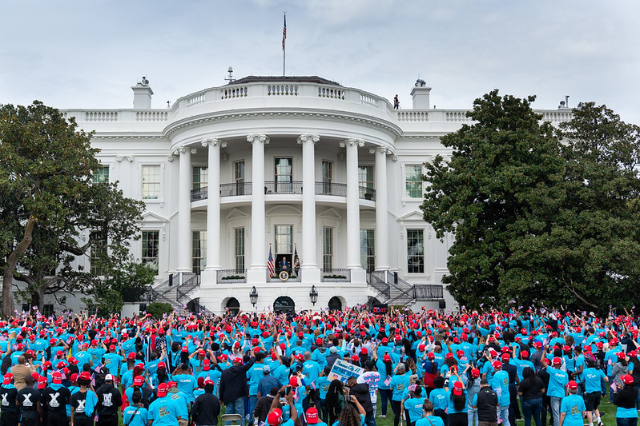
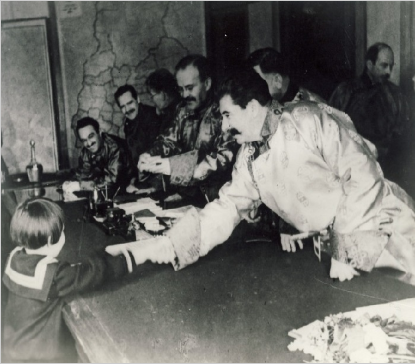
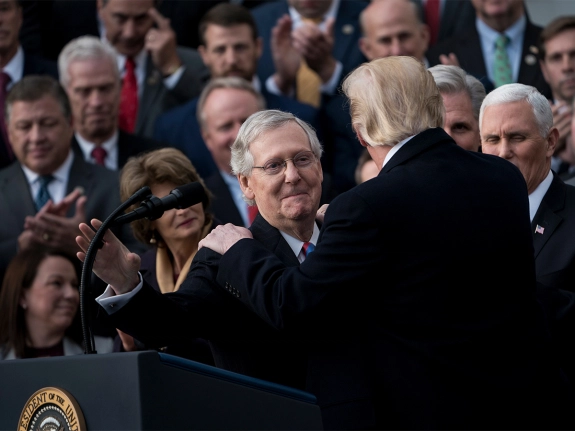
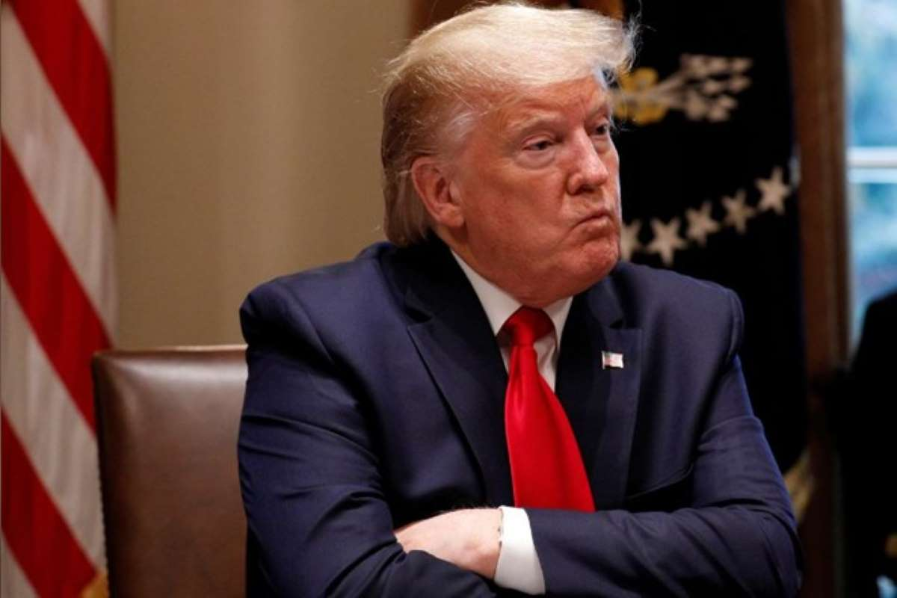
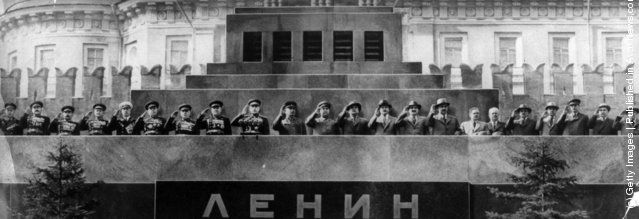

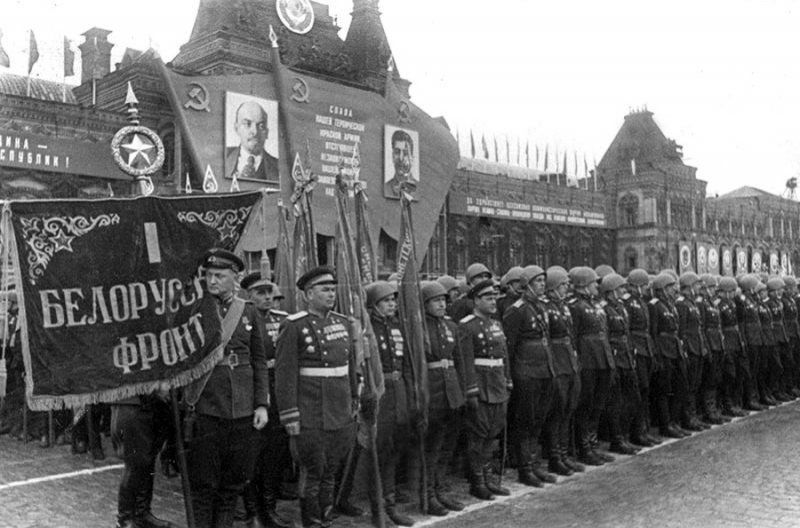
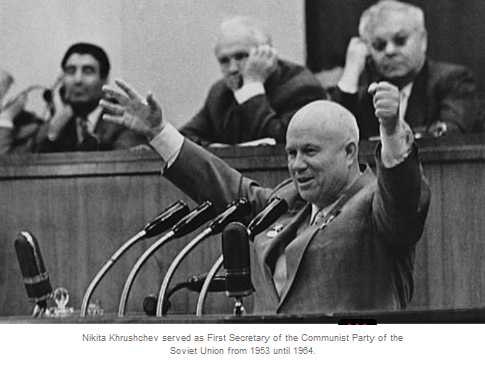
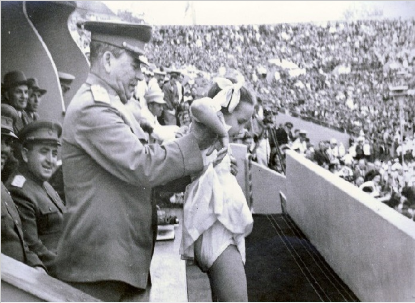

![12. 'Stalin had distorted the basic principles of their party. Lenin, himself, had warned against Stalin’s leadership.Stalin had failed to adequately defend the country against outside threats and had mismanaged the war against Nazi Germany,' Khrushchev said. [NYTimes photo] 12. 'Stalin had distorted the basic principles of their party. Lenin, himself, had warned against Stalin’s leadership.Stalin had failed to adequately defend the country against outside threats and had mismanaged the war against Nazi Germany,' Khrushchev said. [NYTimes photo]](https://pbs.twimg.com/media/Eqkfh1CXIAU9y90.png)
![12. 'Stalin had distorted the basic principles of their party. Lenin, himself, had warned against Stalin’s leadership.Stalin had failed to adequately defend the country against outside threats and had mismanaged the war against Nazi Germany,' Khrushchev said. [NYTimes photo] 12. 'Stalin had distorted the basic principles of their party. Lenin, himself, had warned against Stalin’s leadership.Stalin had failed to adequately defend the country against outside threats and had mismanaged the war against Nazi Germany,' Khrushchev said. [NYTimes photo]](https://pbs.twimg.com/media/EqkfvFEXcAE9sLa.jpg)
![13. 'Stalin had used his power to excess, making false political accusations, purging the army of its leadership, deporting ethnic groups, and sending millions into the gulags.' [Guardian pic] 13. 'Stalin had used his power to excess, making false political accusations, purging the army of its leadership, deporting ethnic groups, and sending millions into the gulags.' [Guardian pic]](https://pbs.twimg.com/media/EqkjtRYWMAUK92X.png)
![13. 'Stalin had used his power to excess, making false political accusations, purging the army of its leadership, deporting ethnic groups, and sending millions into the gulags.' [Guardian pic] 13. 'Stalin had used his power to excess, making false political accusations, purging the army of its leadership, deporting ethnic groups, and sending millions into the gulags.' [Guardian pic]](https://pbs.twimg.com/media/EqkjzaGXMAACz0B.png)
